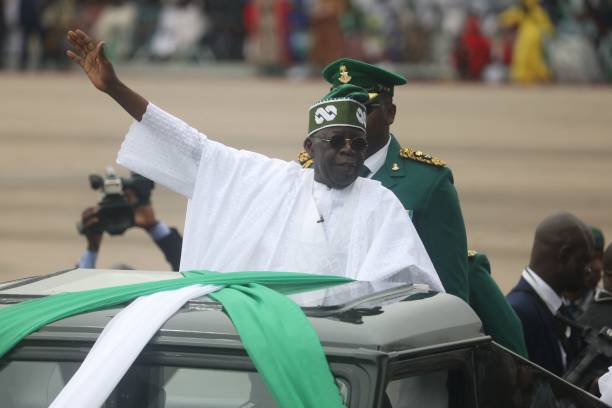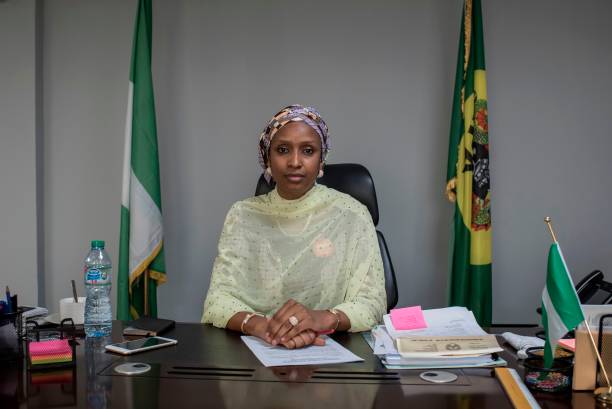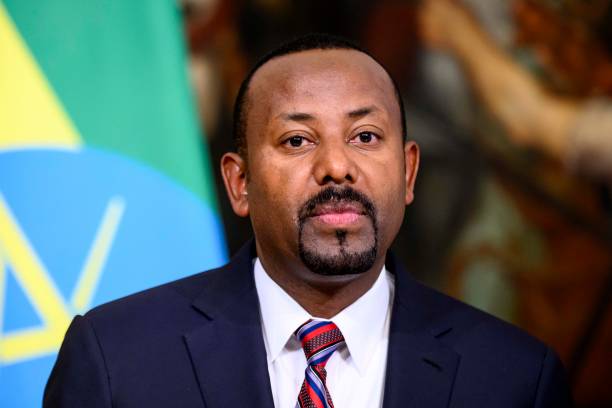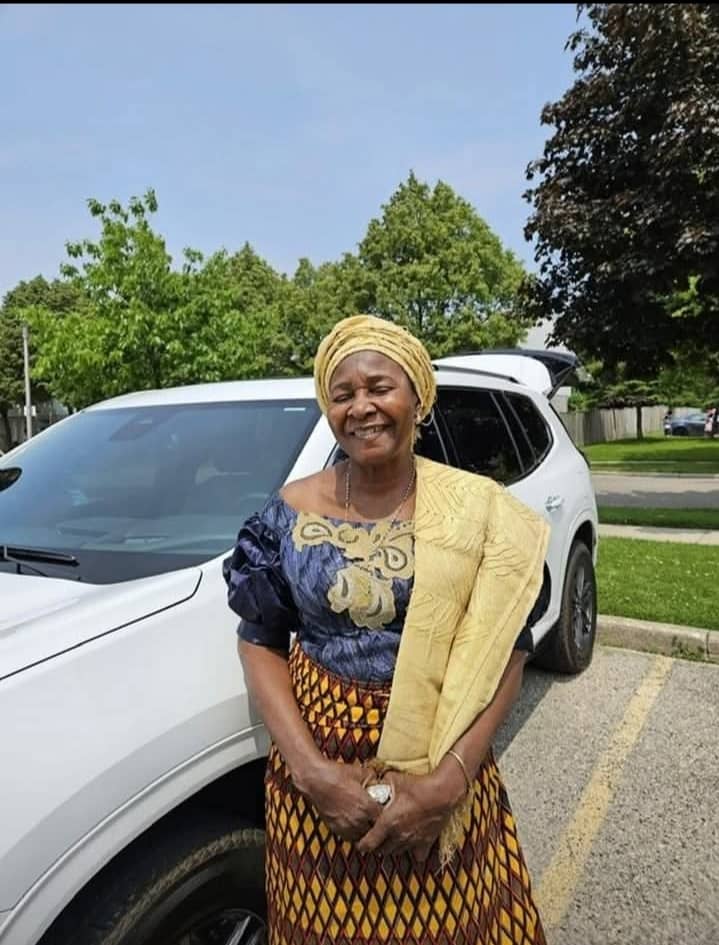Bola Ahmed Tinubu has long been known as Nigeria’s political kingmaker. Now, seated as President of Africa’s most populous nation, he faces the test of whether he can truly lead – or whether his legacy will mirror the very system he helped build.
Often referred to as the “Asiwaju” (leader) of Lagos politics, Tinubu’s rise to the presidency has been decades in the making. But with rising public discontent, economic hardship, and a deeply polarised political climate, the cost of his consolidated power may soon become more apparent than its promise.
From Lagos to the Centre of Power
Tinubu served as governor of Lagos State from 1999 to 2007, where he earned a reputation for financial reforms and aggressive revenue collection. Under his leadership, Lagos began to modernise, particularly in its public transport and infrastructure sectors. But the same period also saw the creation of a powerful political network that many say prioritised loyalty over merit.
After leaving office, Tinubu remained a central figure in Lagos politics, carefully placing allies in key positions. That control eventually extended beyond Lagos – into the southwest and, with time, into national politics.
By 2013, Tinubu was a chief architect behind the merger that formed the All Progressives Congress (APC), a coalition that would end the 16-year rule of the People’s Democratic Party (PDP). In 2015, the APC brought Muhammadu Buhari to power. But for Tinubu, the presidency remained the ultimate prize.
“It’s My Turn”
Tinubu’s 2023 campaign was bold and unfiltered. He repeatedly reminded the country, “Emi Lokan” – Yoruba for “It’s my turn.” That sense of entitlement became both his brand and his burden.
The presidential election was fiercely contested and followed by legal challenges and public distrust. Tinubu won, but not with a sweeping majority. For many Nigerians, the outcome deepened a sense of political fatigue and uncertainty.
Now, the former kingmaker is in charge – and under intense scrutiny.
Bold Moves, Harsh Realities
In his first year, President Tinubu made sweeping changes. He removed fuel subsidies on day one, a move praised by economists but painful for citizens who saw petrol prices triple almost overnight. His administration has also floated the naira to curb multiple exchange rates, leading to further inflation.
The World Bank and international investors have expressed optimism, but at home, protests are simmering. The cost of living has soared, wages remain stagnant, and job opportunities remain scarce. Public trust is brittle.
“I voted for Tinubu hoping he’d bring experience,” says Lagos trader Chinyere Umeh. “But all I see now is suffering.”
A Legacy in the Balance
Throughout his political career, Tinubu mastered the art of building influence – but governing a nation of over 200 million people requires more than political calculus. It requires transparency, empathy, and a clear departure from the old ways of patronage and power hoarding.
Critics worry that Tinubu’s presidency may deepen existing problems rather than solve them. His circle remains filled with long-time allies, and accusations of favouritism persist. Anti-corruption efforts, while promised, have yet to show concrete results.
Still, there is time – and a slim window of opportunity.
Political analyst Ibrahim Musa says the president must act fast: “If Tinubu wants to be remembered as a reformer rather than a relic, he needs to shake up his inner circle, empower institutions, and focus on results, not rhetoric.”
Nigeria at a Crossroads
Tinubu’s presidency is a turning point. It is not just the story of one man’s ambition fulfilled, but of a nation grappling with whether old power structures can produce new solutions.
For years, Tinubu was the power behind the curtain. Now he is the face of the nation’s future. Whether he redefines Nigeria’s path or repeats its cycle will shape the country for years to come.
Because in Nigeria, where power is often inherited or negotiated behind closed doors, true leadership remains the rarest currency of all.





